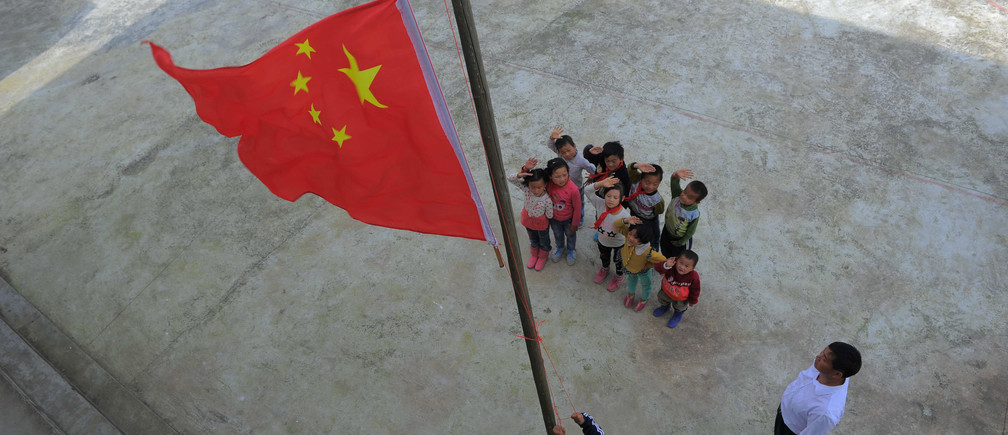Consultations through “intensive” telephone calls will continue in the meantime, Gao Feng, spokesman at the commerce ministry, told reporters, adding that talks have been steadily moving forward despite the Christmas break in the United States.
“Even as the U.S side is in the Christmas holiday period, China and U.S. economic and trade teams have been in close communication, and the consultations are progressing in an orderly manner as scheduled,” Gao said, when asked about progress on negotiations.
Gao did not comment directly when asked to confirm a media report on a U.S. trade delegation visit scheduled for the week of Jan. 7.
Trump and Xi agreed to stop escalating tit-for-tat tariffs that have disrupted the flow of hundreds of billions of dollars of goods between the two countries.
The leaders also agreed to launch new talks while the United States delayed a planned Jan. 1 tariff increase until March.
China has also said it will suspend additional tariffs on U.S.-made vehicles and auto parts for three months starting on Jan. 1, adding that it hopes both sides can speed up negotiations to remove all additional tariffs on each other’s goods.
Bloomberg, citing two people familiar with the matter, reported on Wednesday that a U.S. trade team will travel to Beijing the week of Jan. 7 for talks.
A person familiar with the matter told Reuters last week that talks were likely in early January.
Slideshow (3 Images)
In yet another reconciliatory sign, China issued on Tuesday a so-called negative list that specifies industries where investors – domestic or foreign – are either restricted or prohibited.
The unified list is seen as another effort to address concern among Western investors that there is no level-playing field in China. Investment in key Chinese sectors, however, is still prohibited.
Gao said China would “comprehensively” remove all market access restrictions for foreign investors by the end of March, in areas not included in a foreign investment “negative” list published in June.
MORE OPENING AND PROTECTION
China has pledged to open its vast domestic market further to foreign investors and better protect their rights in the face of growing complaints and reduced foreign investment.
The commerce ministry is working on improving market access to foreign investors in the telecommunications, education, medical and culture sectors, Gao said, when asked about areas that could see curbs eased.
In particular, the equity cap on foreign investment in the education and medical sectors, which are of “great interest to foreign investors with a large gap in domestic supply”, would be relaxed, he said, without giving a timeline.











